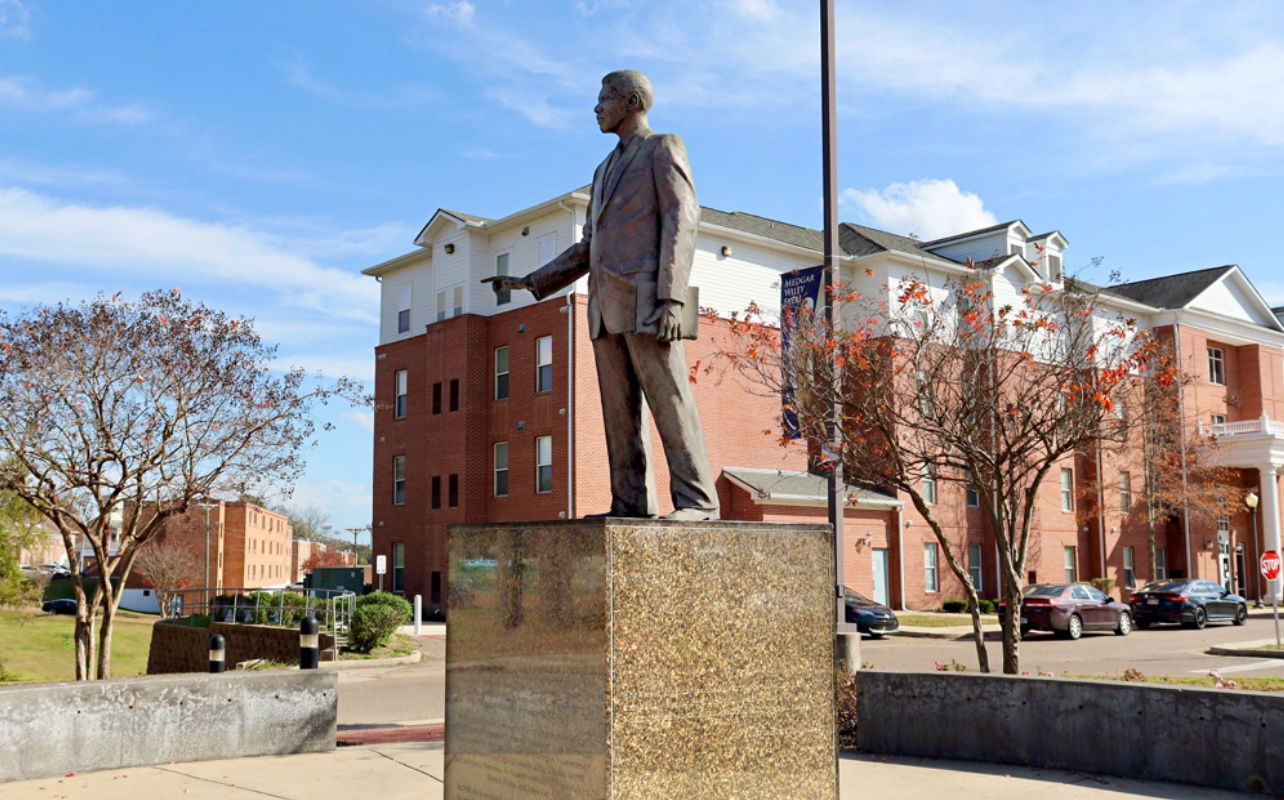
July 16, 2024
HBCUs Will Gain $10.7M In Grants Thanks To National Park Service
The funding will go toward the restoration of several buildings across 11 HBCUs.
HBCUs are about to receive new funding to preserve their campuses. The National Parks Service has announced that it will distribute $10.67 million in grants to 11 diverse institutions.
The money will go toward 15 projects, all for restoring HBCUs and their historic structures. The grants stem from the Historic Preservation Fund (HPF), established in 1977. The HPF intends to identify and revitalize structures across HBCUS that it has deemed “historically significant and physically threatened.”
National Parks Service Director Chuck Sams reaffirmed the importance of improving these storied landmarks and buildings. He called it “vital” to maintain the infrastructure.
“It’s vital for America’s HBCUs to preserve their vibrant history, ensuring that the places and the events that happened there are not forgotten,” said Sams in the press release. “I’m proud that the National Park Service can support this locally-led stewardship.”
The schools benefitting from this year’s allocation are spread across eight states. Paine College in Augusta, Georgia and Mississippi-based Alcorn State University will each have three projects. Both institutions will rehabilitate multiple residence halls, with the former also restoring its campus center.
Other schools include Florida A&M and Delaware State University, as well as the nation’s oldest HBCU, Cheyney University of Pennsylvania. The projects range from health centers, libraries, and the historical landmark of Melrose Cottage at Cheyney.
The HPF provides financial support to this mission and the Historically Black Colleges and Universities Grant Program distributed by Congress. The fund contributes $150 million annually to HBCUs and will continue to do so this year.
The project comes as funding for HBCUs remains at risk, primarily as anti-DEI legislation spread across the nation. Despite federal initiatives to combat this issue, HBCUs continue to be underfunded. However, the HPF’s continued efforts to support these facilities are critical government measures to keep these institutions alive.